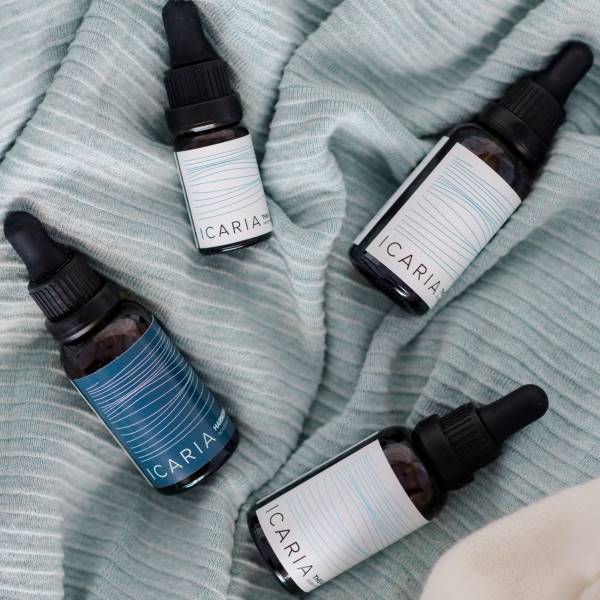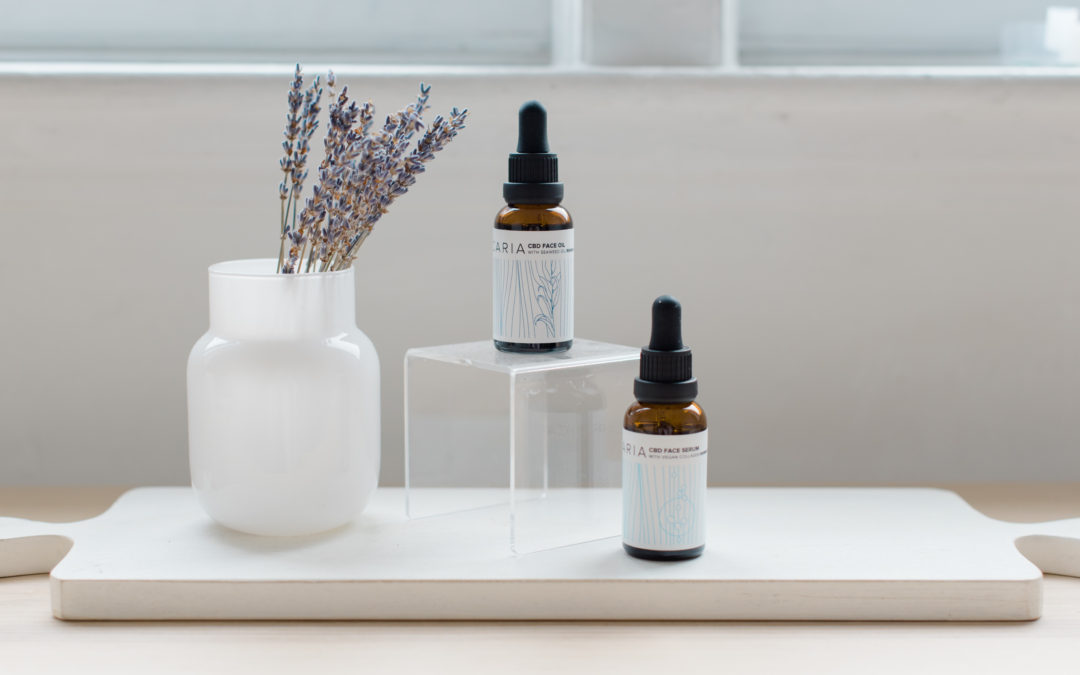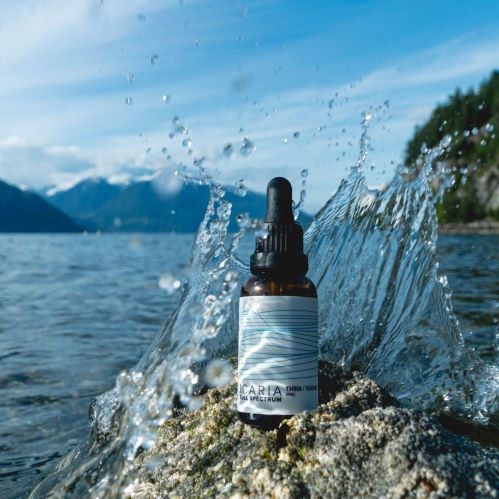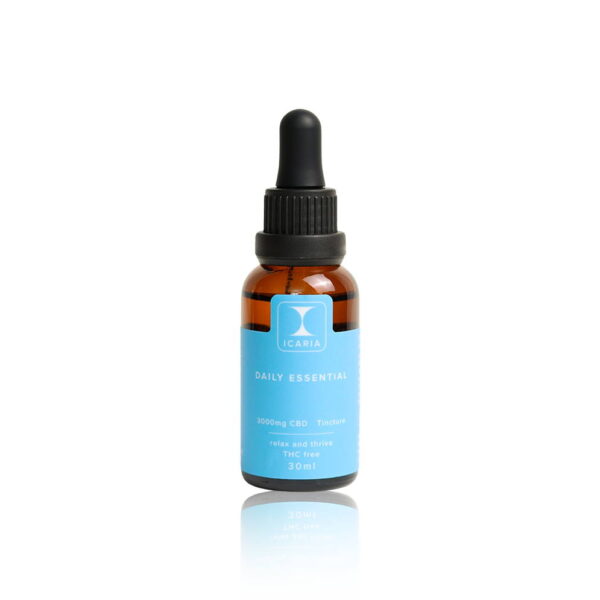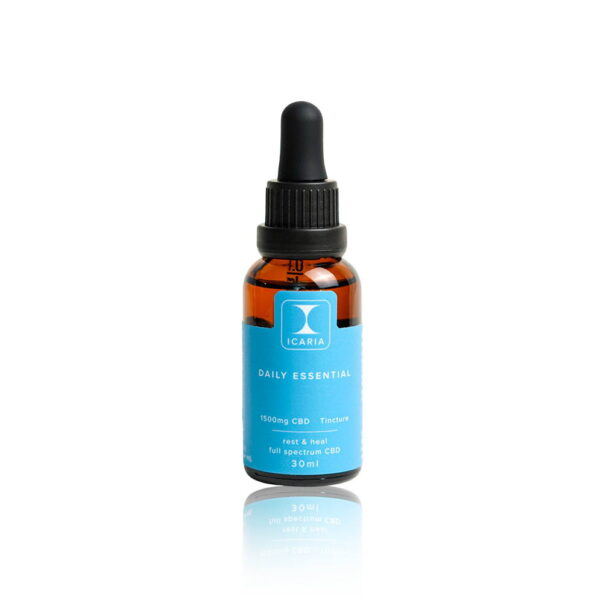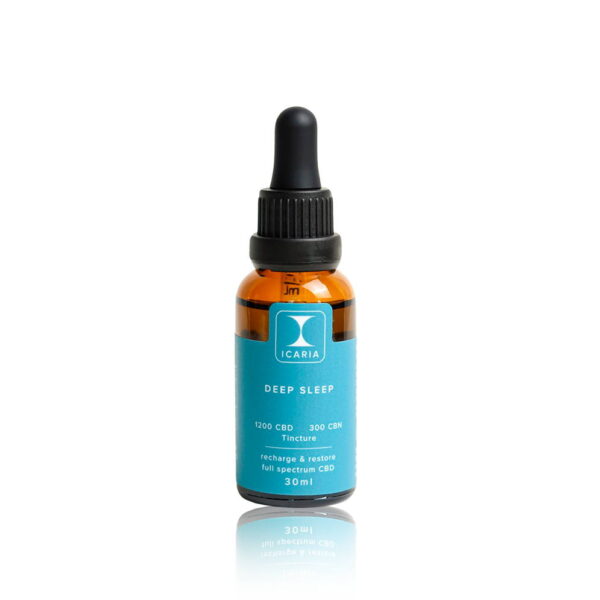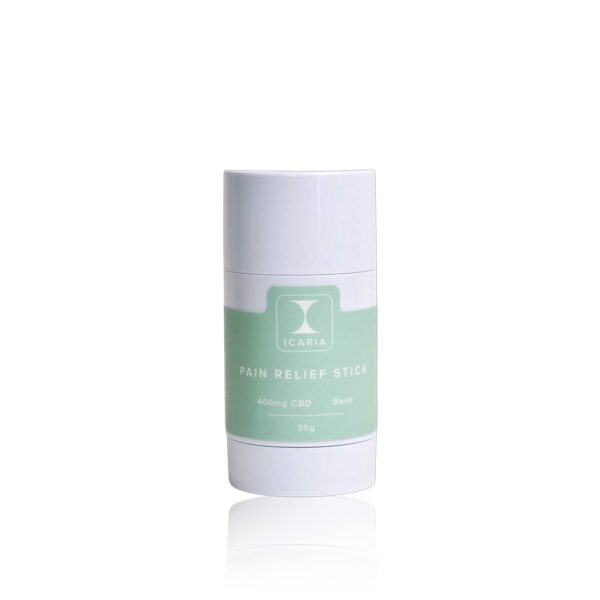Life during the pandemic has revealed not only the importance of mental health, but also busted open the stigma that anxiety and depression are uncommon. Online surveys conducted in May and June of 2020 reported an increase in cannabis consumption during Covid-19, which may include supplementary products like CBD oil.
A mental health survey done in December 2020 found 22 percent of surveyed Canadians reported they had been diagnosed with depression. 20 percent said they received an anxiety disorder diagnosis. Fortunately, there are more tools than ever for combatting these conditions, from mindfulness practices to pharmaceutical drugs and plant medicine.
What is anxiety?
Anxiety is a vague, unsettled emotion resembling fear, but unlike fear, we may not know exactly what we’re afraid of. It can be caused by many factors: abuse, financial hardship, gender or racial trauma, health, isolation, relationship or social problems, or stress.
Physical symptoms of anxiety can include arrhythmia (irregular heartbeat), backaches, churning stomach, diarrhea, flushing, headaches, heart palpitations, numbness in hands, arms, or legs, nausea, sweating, tense muscles, or trembling. More severe symptoms can mimic a heart attack or panic attack.
We can cope with anxiety using different techniques: breathwork, positive self-talk, stress management, exercise, and of course health supplements like CBD oil . Professional help may be required if these strategies don’t help.
Anxiety disorders occur when a person regularly feels levels of distress, fear, or worry over emotional triggers that do not go away and/or get worse over time. They are diagnosed by mental health professionals who analyze how much symptoms interfere with school, work, relationships, and other aspects of daily life.
Types of anxiety disorders include generalized anxiety disorder (GAD), panic disorder (PD), phobia-related disorders, and socialized anxiety disorder (SAD). Anxiety disorders may also originate from genetics, brain chemistry, or use of illicit substances.
The Bottom Line: Anxiety is similar to fear, but is a more vague and unsettling emotion caused by one or a number of factors. It can manifest into a diagnosed anxiety disorder if self-care techniques aren’t enough, the levels of distress persist over time, or if physical symptoms interfere with daily life.
Can CBD oil help with anxiety?
CBD regulates the body’s endocannabinoid system (ECS), which is the neurochemical network in our bodies that controls vital functions: appetite, immune response, cognition, memory, mood, pain, and sleep. Neurochemical imbalances can cause anxiety, and CBD may help restore the chemical balance. Surveys and studies have been conducted in the past decade to further explore CBD’s potential.
Here are a few studies that are worth mentioning:
- A study published in 2010 found CBD was linked to a decrease in anxiety for people who had generalized SAD.
- A report published in 2015 demonstrated CBD’s efficacy in reducing anxiety behaviors relevant to multiple disorders in healthy subjects, including post-traumatic stress disorder (PTSD), GAD, PD, obsessive-compulsive disorder (OCD), and SAD.
- According to a 2018 survey, almost 62 percent of CBD users reported they used CBD for a medical condition, the top three conditions being pain, anxiety, and depression.
- In a small study of healthy men in 2019, CBD relieved anxiety during a public speaking test.
Conventional treatment of anxiety disorders includes prescription drugs, counselling, and various forms of psychotherapy, which can be costly and/or cause negative side effects. This may explain why people are turning to products like CBD oil to mitigate their anxiety.
The Bottom Line: Studies in the past decade have reported the potential of CBD to help with anxiety and related disorders. Consumers are also trying various CBD products for themselves and reporting positive results.
How do I use CBD oil to help with my anxiety?
If you want to try CBD oil as a self-care tool to alleviate anxiety, talk to your doctor, especially if you are using any prescription medications.
CBD oil is best used sublingually – place the CBD oil under your tongue for at least two minutes, which will allow it to be absorbed into the bloodstream. If you’re new to CBD, start low and increase over a few weeks, always monitoring the effects. More severe anxiety could warrant a higher dosage. Please refer to our previous blog “How much CBD oil to take – a complete guide” to learn more about the dosages and how they work.
THC, the psychoactive substance in cannabis, may aggravate anxiety and some products contain both CBD and THC, so monitor labels and products carefully. At ICARIA we test all of our oils to ensure that CBD oils made with isolate contain zero THC.
The Bottom Line: If you’re new to CBD, start low and increase the dosage over time, monitoring for any negative side effects. Carefully check labels for additional ingredients including THC, which could aggravate anxiety.
The Final Word
Anxiety is a common emotion felt by many who experience stress and similar factors. It can manifest into a disorder if it’s not possible to manage the symptoms on our own and they interfere with our daily lives. CBD can potentially have a very powerful effect against anxiety and related disorders.
Curious to try CBD oil? Try THEIA (unflavoured) or APHRODITE (hemp flavoured), which is available in two sizes.
